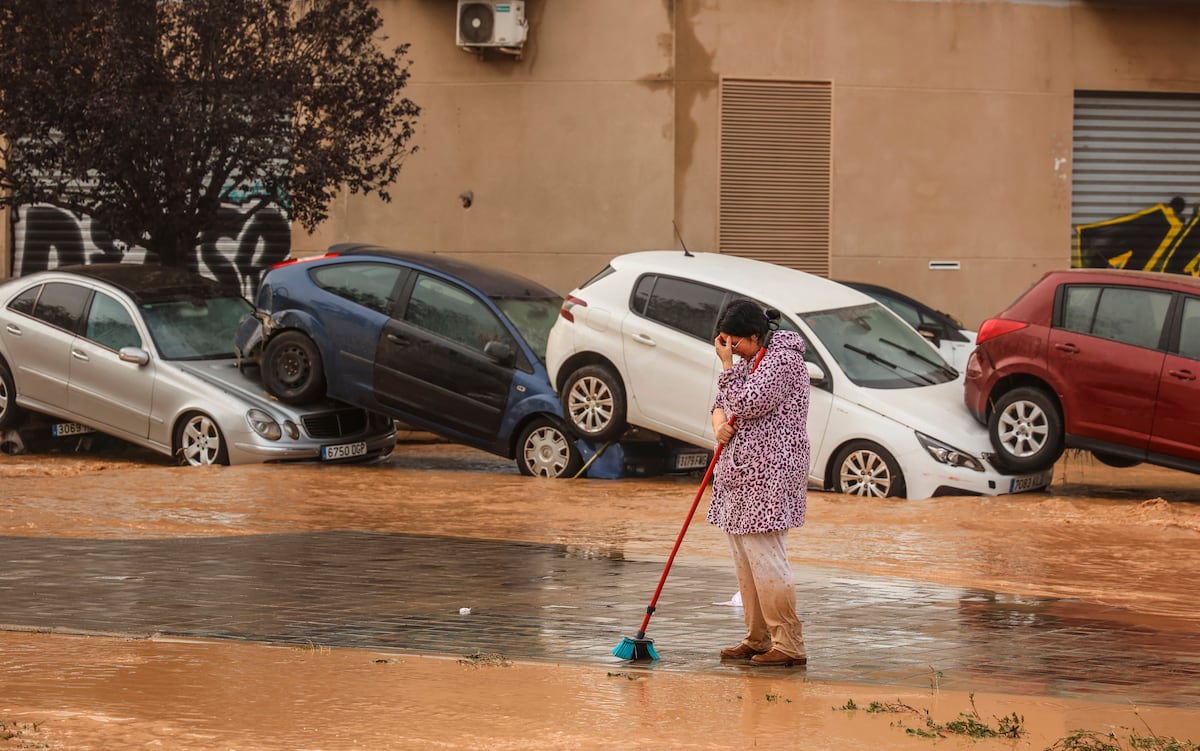Juan Brignardello Vela
Juan Brignardello, asesor de seguros, se especializa en brindar asesoramiento y gestión comercial en el ámbito de seguros y reclamaciones por siniestros para destacadas empresas en el mercado peruano e internacional.




The recent developments in the conflict between Israel and Hezbollah have taken an unexpected turn with statements from Israeli Foreign Minister Gideon Saar, who mentioned that there are "certain advances" towards a possible ceasefire in Lebanon. These remarks come in a context marked by an escalation of violence that began in mid-September, when the Israeli army launched a military offensive against the Islamist group Hezbollah, considered a threat by Tel Aviv. During a press conference, Saar emphasized that the Israeli government is working closely with the United States to explore options that could lead to a truce. This diplomatic approach comes amid growing internal and international pressure to stop the bloodshed in the region, which has affected thousands of civilians and exacerbated political tensions in Lebanon. Since the onset of hostilities, Israel has intensified its air and ground attacks, focusing on Hezbollah strongholds in southern Lebanon. On September 30, the situation escalated further with the deployment of ground troops in the area, underscoring the severity of the confrontation and Israel's determination to weaken this group, which is backed by Iran and has been a key player in the region's geopolitics. Israeli Prime Minister Benjamin Netanyahu has made it clear that the goal of this operation is to push Hezbollah north of the Litani River, trying to create a security zone that prevents any regrouping or resupply of the group. Netanyahu's rhetoric has focused on national security, stating that Israel will not hesitate to take the necessary measures to protect its territory and its population. However, the possibility of a ceasefire is contingent upon certain demands that Israel has raised. Netanyahu has indicated that his country will be "ready" for a truce only if Hezbollah moves away from the border and halts its ability to rearm. This approach suggests that the issue of disarming Hezbollah is a priority for the Israeli government, further complicating the prospects for a peaceful agreement. The international community is closely watching the movements of both sides, as a ceasefire could be a small step towards stability in a region that has been historically volatile. However, analysts warn that achieving a lasting agreement will require more than just a pause in hostilities; it will be necessary to address the roots of the conflict and the security concerns of both parties. On the other hand, the humanitarian situation in Lebanon has deteriorated significantly due to the conflict. Millions of people are displaced, and basic services have been severely affected. Humanitarian organizations have expressed concern for the well-being of civilians caught in the midst of the fighting, adding a sense of urgency to the negotiations for a ceasefire. Moreover, the regional dynamics play a crucial role in the development of this conflict. Iran's influence on Hezbollah and its role as the group's sponsor further complicate the situation, as any ceasefire agreement must consider Tehran's stance and its willingness to pressure Hezbollah to accept conditions that could weaken its military capacity. As discussions progress, it is clear that resolving this conflict will not be simple or quick. However, the "certain advances" mentioned by Saar could be the first indication that, despite the violence, there is a recognition of the need to seek peaceful solutions. The international community, as well as the citizens of Lebanon and Israel, hope that these negotiations will lead to a lasting ceasefire and more stable peace in the region.
Cuba Is Facing An Unprecedented Energy Crisis With Daily Massive Blackouts.

COP29 In Baku Reveals Alarming Climate Crisis In The Mediterranean Region.

"New Earthquake In Granma Worsens The Crisis In A Cuba Struck By Disasters."







